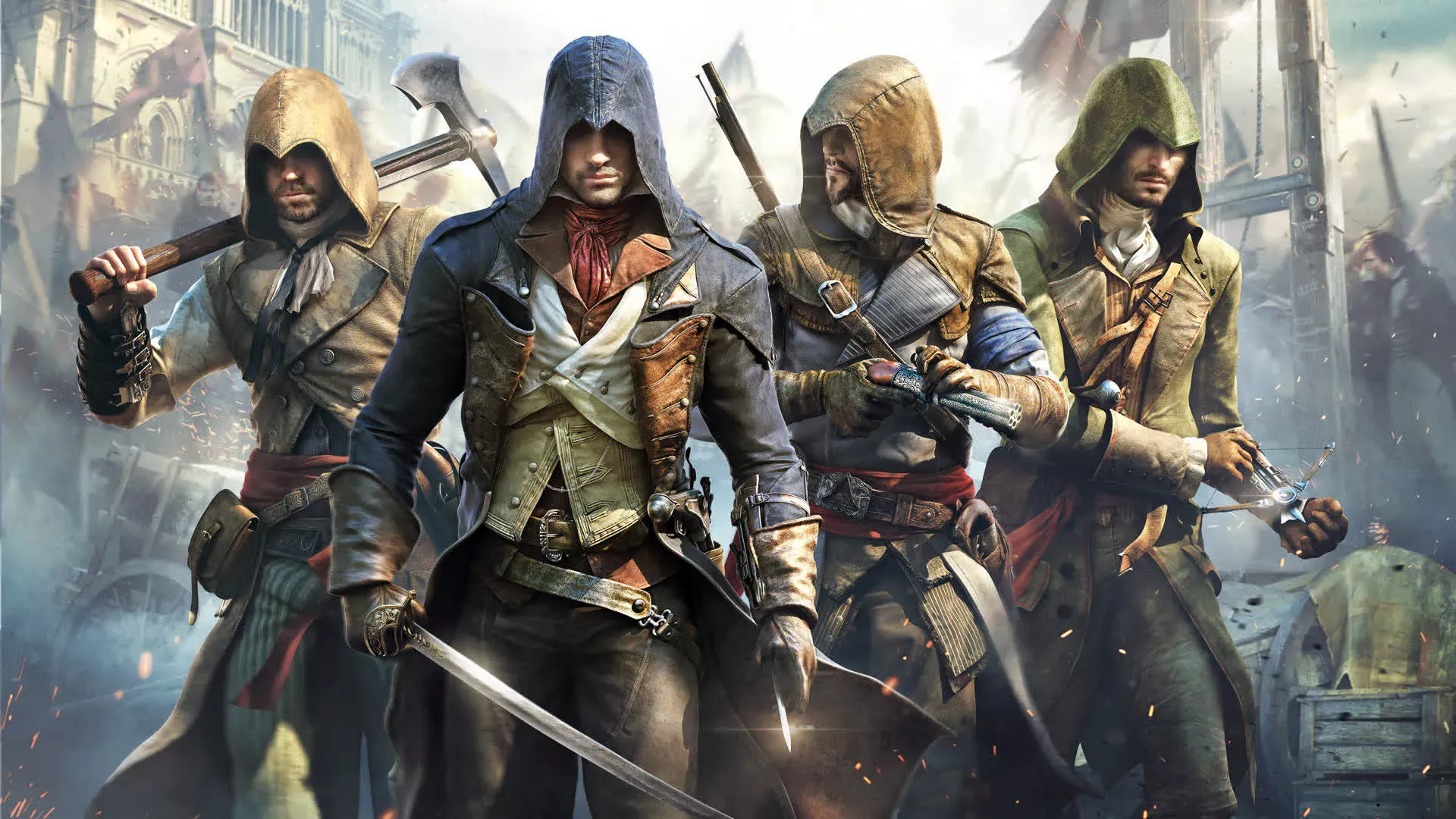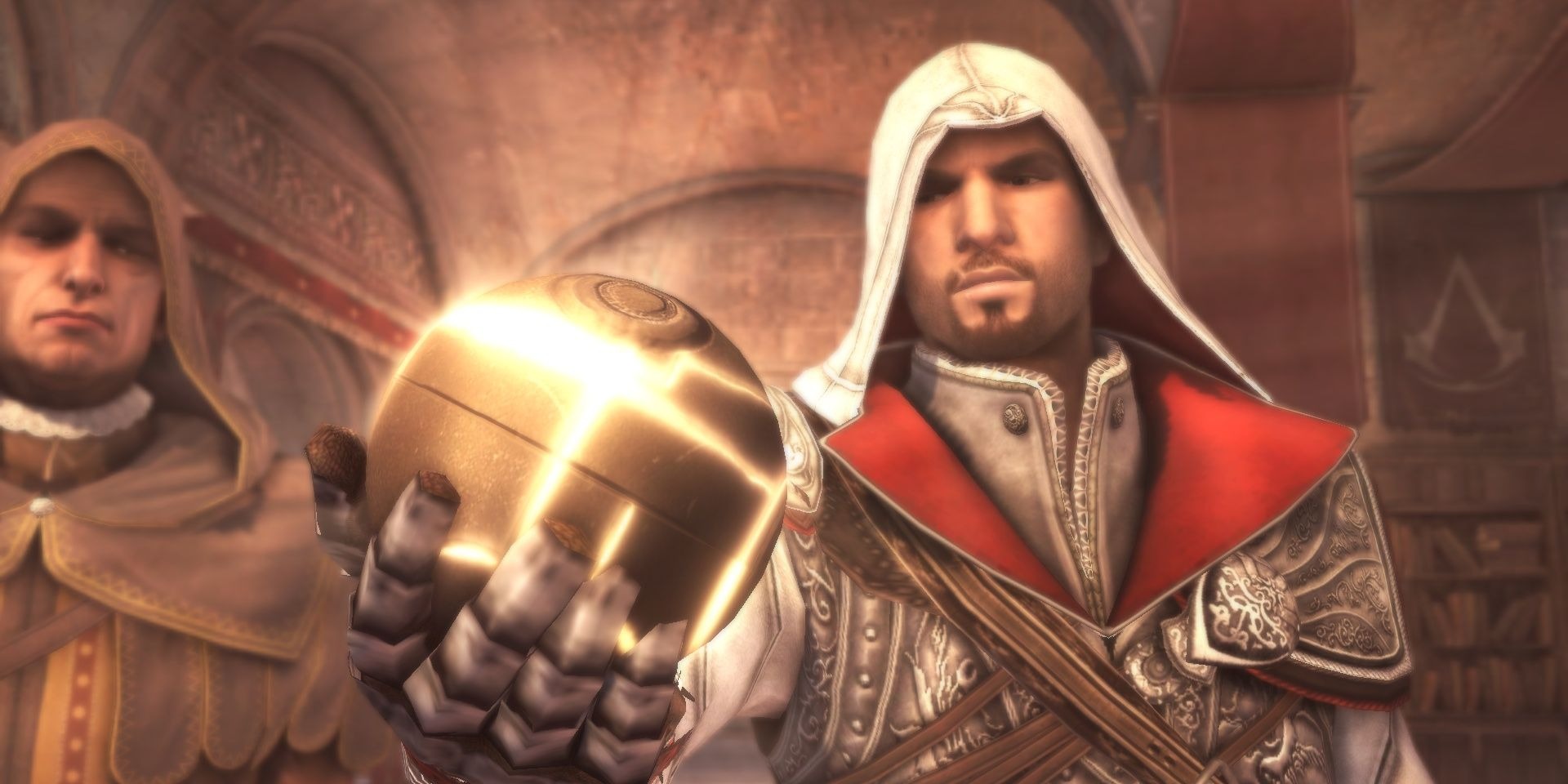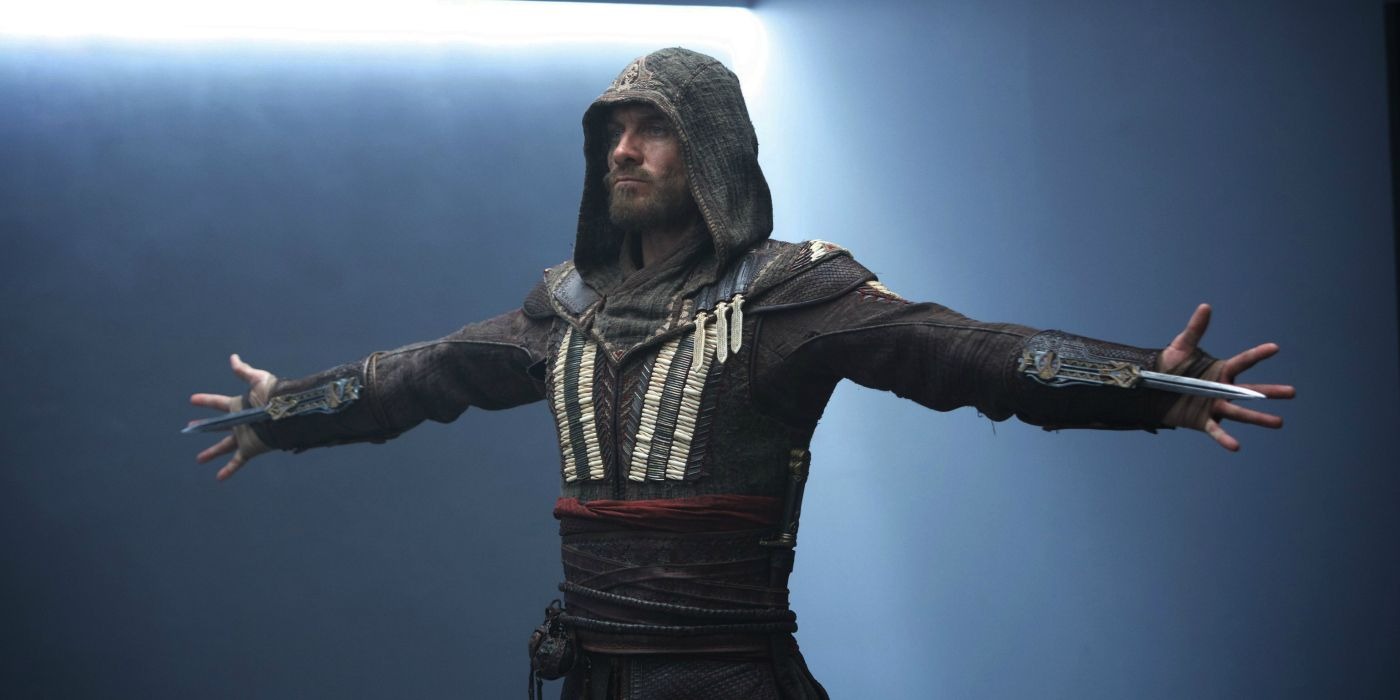The Assassin’s Creed franchise has carved out a strong presence in gaming since its debut in 2007. With over a dozen titles to its name, Ubisoft’s series has drawn in millions of fans through its unique blend of historical storytelling and action-packed gameplay.
However, that widespread appeal did not carry over to the big screen in 2016 when Justin Kurzel directed a film adaptation of the series. Although it had an interesting concept, Assassin’s Creed struggled to win over both fans and critics, leading to its quiet disappearance from public discourse over the years.

But with the recent announcement of a Netflix live-action adaptation, revisiting the 2016 film might offer insights into what the new project could bring. With that in mind, let’s break down how Assassin’s Creed ends and what it reveals—though be warned, there are spoilers ahead.
Cal Lynch’s Journey Through History in Assassin’s Creed
The film stays true to the core elements of the video game series that inspired it, drawing from real historical events and organizations, including biblical references and the Knights Templar. It also maintains the signature structure of the games by splitting the storyline between past and present.
The movie introduces viewers to Cal Lynch in the modern era before pulling him—and the audience—into historical events, where he experiences the life of an ancestor. Michael Fassbender, who plays Cal, also portrays his ancestor Aguilar de Nerha, creating a seamless link between both timelines.
As the story plays out, it becomes clear that Cal is the last known descendant of Aguilar, a legendary assassin who once possessed the Apple of Eden. This artifact, tied to the biblical story of Adam and Eve, is being sought by Alan Rikkin (played by Jeremy Irons), a high-ranking member of the modern Templar Order.
His goal is to use the Apple to gain control over humanity. To access Aguilar’s memories, Rikkin forces Cal into the Animus, a device that allows users to relive ancestral experiences. Through this process, Cal mentally travels back to 15th-century Spain, witnessing his ancestor’s feats firsthand.
The deeper he delves into Aguilar’s past, the more he begins to inherit the assassin’s skills and instincts. Eventually, Cal realizes that the only way to stop the Templars from seizing ultimate power is to prevent Rikkin from obtaining the Apple.
The Ending of Assassin’s Creed: Where Past and Present Collide
Cal’s journey throughout the film is centered on reconciling his family’s history with his reality, and by the end, he understands that this mission is not his alone.
Along the way, he encounters others with similar ancestry, such as Moussa (played by Michael K. Williams) and Shao Jun (played by Michelle H. Lin), who are also connected to the Assassins Brotherhood.

Aguilar’s memories eventually lead Cal to the present-day location of the Apple, enabling him to bring this critical piece of history into his own time. With assistance from Sofia Rikkin (played by Marion Cotillard), Cal manages to eliminate Alan Rikkin and prevent the Templars from misusing the Apple’s power.
Having fully embraced his lineage, he dons the signature assassin’s attire, marking his transformation into a true member of the Brotherhood. The film’s final scene places Cal atop a rooftop, standing alongside Moussa and Shao Jun, with the Apple of Eden securely in his grasp.
Their goal is clear—protect the artifact from those who would exploit it. This conclusion has room for further storytelling, as Cal’s journey of understanding his heritage while safeguarding his family’s legacy is far from over.
The Future of Assassin’s Creed On Screen
A direct sequel to Assassin’s Creed appears highly unlikely, and the chances of Michael Fassbender reprising his role for the upcoming Netflix adaptation are slim. However, what sets Assassin’s Creed apart is its vast historical backdrop, which spans multiple eras.
Now that Cal has merged his past and present, the television series could build upon this foundation, further uncovering the Lynch family’s history while expanding the story of the Assassins Brotherhood in the modern day.



